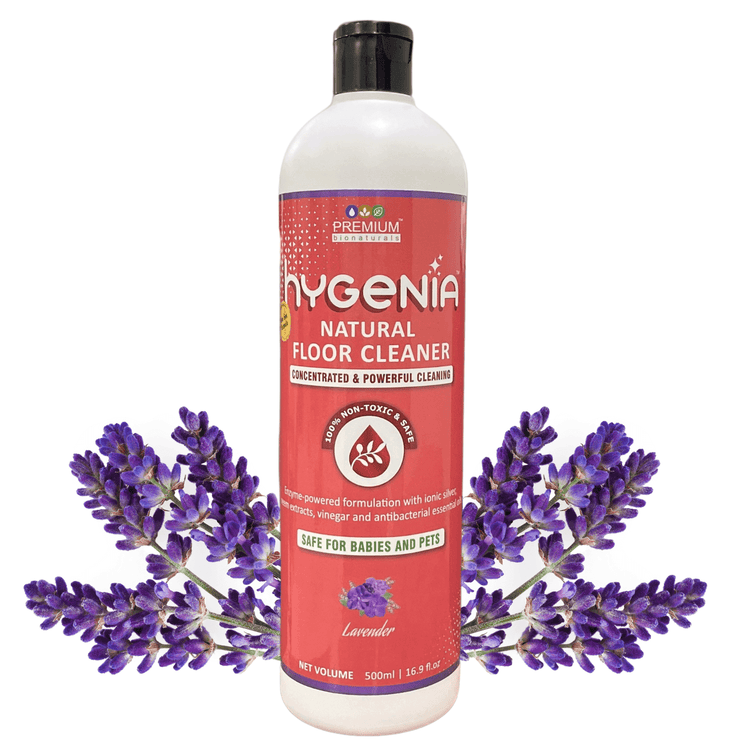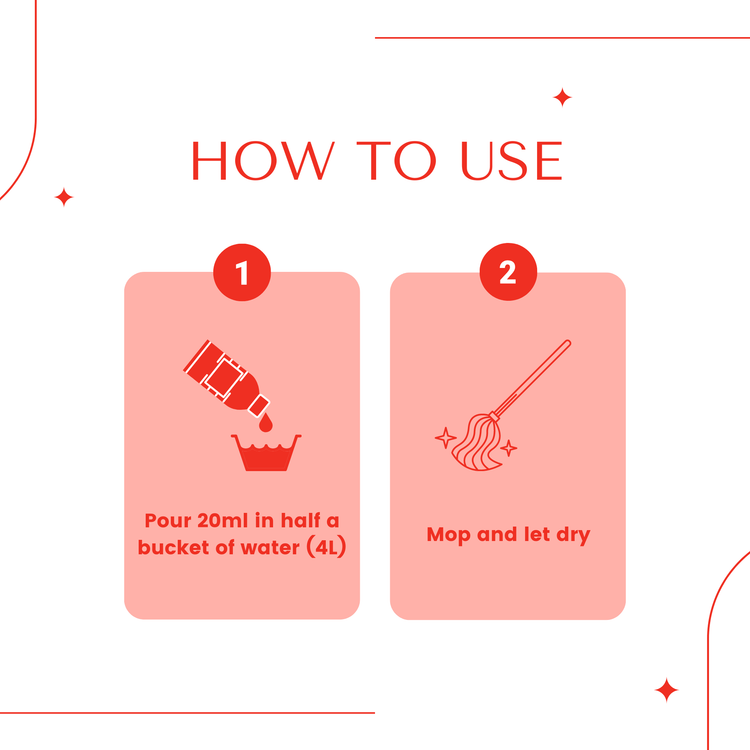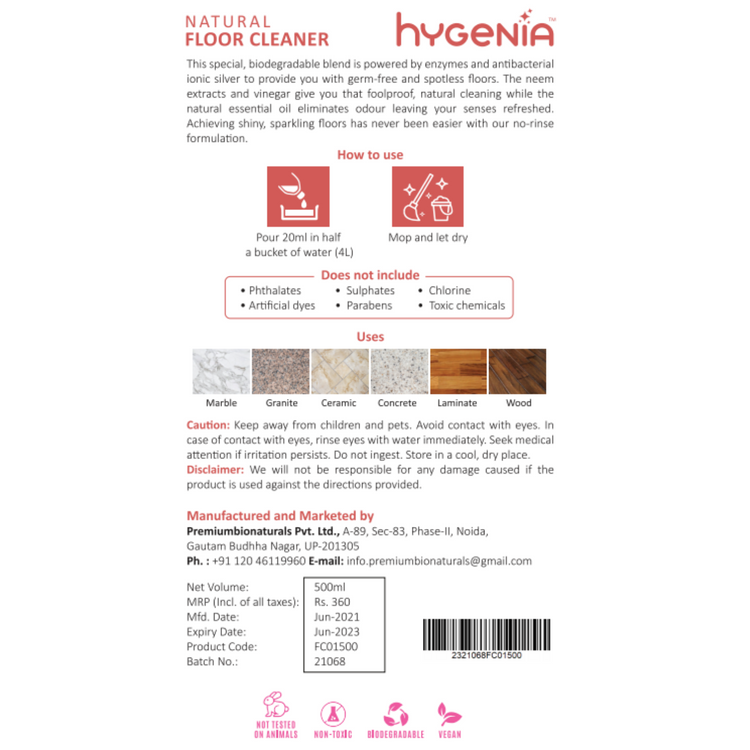Hey there! As the rainy season approaches, keeping your home fresh and dry becomes a top priority. Wet weather can wreak havoc on our clean homes, with challenges like musty smells, bad odours, damp walls, and increased humidity. Muddy pawprints and dirt can quickly spread throughout the house, adding to the inconvenience. While the monsoon has its charms, it also brings slushy roads, stale air, mould, and fungus. Maintaining a clean home and effective moisture control can make all the difference. Whether you’re dealing with a minor drizzle or a torrential downpour, we've got you covered with these five practical tips to keep your home dry and reduce moisture in the rainy season.
#Tip 01: Proper Ventilation
Good ventilation is the cornerstone of a dry and healthy home. It helps in reducing humidity levels and prevents the buildup of mould and mildew.
- Open Windows and Doors: Whenever the weather permits, open windows and doors to allow fresh air to circulate and reduce humidity in the home.
- Use Exhaust Fans: Utilise exhaust fans in the kitchen and bathroom to expel moisture-laden air outside.
- Install Ventilators: Consider installing ventilators in rooms that tend to retain moisture, such as basements and attics.
- Dry Clothes Properly: Dry clothes in well-ventilated spaces and store them in cupboards that are damp-free.
- Prevent Moisture Buildup: Use eco-friendly insect repellents such as lavender sachets, and bay leaves to prevent bugs from nestling inside your clothes.
- Additional Moisture Removal: Use newspaper rolls and cloth bags to remove any additional moisture from your clothes.
Proper ventilation can significantly reduce moisture in your home, keeping it fresh and dry even during wet weather.
#Tip 02: Dehumidifiers and Moisture Absorbers
Dehumidifiers and moisture absorbers are excellent tools for controlling humidity levels and preventing dampness in your home.
- Use a Dehumidifier: A dehumidifier removes excess moisture from the air in your home, which helps prevent dampness and musty smells. By controlling humidity levels, it inhibits the growth of mould, mildew, and other microbes that can trigger health issues. Using a dehumidifier, especially in problem areas like basements or attics, can make a big difference in keeping your living space fresh during rainy weather and helps to reduce humidity in the home.
- Natural Moisture Absorbers: Utilise natural moisture absorbers like silica gel, activated charcoal, or baking soda in closets and small spaces to reduce moisture in the rainy season.
- Houseplants: Incorporate houseplants like peace lilies and ferns that can naturally absorb moisture from the air.
By using dehumidifiers and moisture absorbers, you can effectively reduce humidity in your home, ensuring it remains dry and free from bad odours.
#Tip 03: Regular Cleaning
Keeping your home clean is crucial in combating the adverse effects of wet weather. Regular cleaning can help prevent the growth of mould and mildew, which thrive in damp environments and help keep your home dry.
- Natural Cleaners: Use the Hygenia Natural Floor Cleaner by Premium Bionaturals to clean floors and surfaces, leaving a fresh lavender scent.
- Prevent Fungus and Mould: Rainy season cleaning is essential to prevent fungus and mould from growing on the walls. If you notice gross black-ish growth on your walls, that’s mould; when it becomes toxic, it's a fungus. Found in humid and moisture-laden rooms like the basement or bathroom, this dense organism is not always creeping on your walls.
- Wipe Down Surfaces: Regularly wipe down walls, windows, and surfaces to remove excess moisture and prevent mould growth.
- Laundry Care: Ensure that laundry is thoroughly dried before putting it away to avoid musty smells.
How to identify mould and fungus?
- Bubbling of Paint: If you notice tiny bumps underneath the surface of your wall paint, there is moisture and probably mould too.
- Chimney Smell: If your chimney has a musty smell, it’s probably collected a bit of mould from moisture in the kitchen.
- Allergies: If you don’t have asthma, you could show symptoms like watery eyes, itchiness, cough, and cold.
How to prevent mould and remove them?
- Bleach: Removes mould and mildew from walls, tiles, shower curtains, bathroom mats, etc.
- Borax and Vinegar: A solution can be used with a scrub on affected areas.
- Exhaust Fans: Install a bathroom exhaust fan to facilitate proper ventilation.
- Repair Leaks: Fix leaks in the kitchen and bathrooms promptly.
#Tip 04: Fix Leaks and Damp Walls
Leaks and damp walls are common issues during the rainy season. Addressing these problems promptly is essential to maintain a dry home environment.
- Inspect and Repair: Regularly inspect your home for any leaks in the roof, walls, or plumbing and repair them immediately.
- Waterproofing: Consider waterproofing solutions for your home, especially for areas prone to dampness.
- Treat Damp Walls: Use specialised products to treat and prevent damp walls, reducing the risk of mould and mildew.
Timely repairs and waterproofing measures can save you from major issues caused by wet weather, ensuring your home remains dry and comfortable.
#Tip 05: Keep Your Home Smelling Fresh
Wet weather can bring in musty smells that are hard to get rid of. Keeping your home smelling fresh requires a combination of moisture control and the right products.
- Use Natural Sprays: Choose Premium Bionaturals Natural Room Spray - Fraîche to freshen up your living spaces. Our Fraîche room freshener brightens up the space by leaving a fresh and cosy smell.
- Regular Airing: Regularly air out closets and storage areas to prevent bad odours from building up.
- Scented Sachets: Place scented sachets in drawers and cupboards to maintain a pleasant fragrance.
With the right products and a few simple practices, you can keep your home smelling fresh and inviting, even during the dampest of days.
5 Don'ts to Ensure a Clean and Dry Home During the Rainy Season
- Don't Allow Insects to Breed: Prevent mosquito and insect infestations with pest control and dry bathrooms.
- Don't Use Carpets and Rugs: Store carpets to avoid damp smells and mould growth.
- Don't Allow Water Stagnation on Floors: Use absorbent mats and mop up wet floors immediately.
- Don't Allow Fungus and Mould Growth on Walls: Keep areas ventilated and use cleaning solutions to remove mould.
- Don't Forget to Treat Your Walls for Dampness Prevention: Use sealants and waterproof paints to address damp patches promptly.
Frequently Asked Questions:
Q1) How to keep your home dry in the rainy season?Ensure proper ventilation, use dehumidifiers, and fix any leaks promptly to keep your home dry.
Q) How do I prepare my house for the rainy season?
Waterproof exterior walls, clean gutters, and install absorbent mats at entrances to prepare your house for the rainy season.
Q3) How can I prevent dampness in my house during the rainy season?
Use moisture absorbers, improve ventilation, and seal cracks to prevent dampness during the rainy season.
Q4) What tips can help keep my home fresh in wet weather?
Regularly clean with disinfectants, use air deodorisers, and ensure proper airflow to keep your home fresh in wet weather.
Keeping your home fresh and dry during wet weather doesn't have to be a chore. With these five easy tips, you can manage moisture control, keep your home dry, and enjoy a clean, pleasant living environment. Remember, regular cleaning, proper ventilation, and addressing dampness promptly are key to a comfortable home. We’ve got plenty more tips and tricks up our sleeves, so be sure to follow us and subscribe to be the first to read our latest blog posts!














